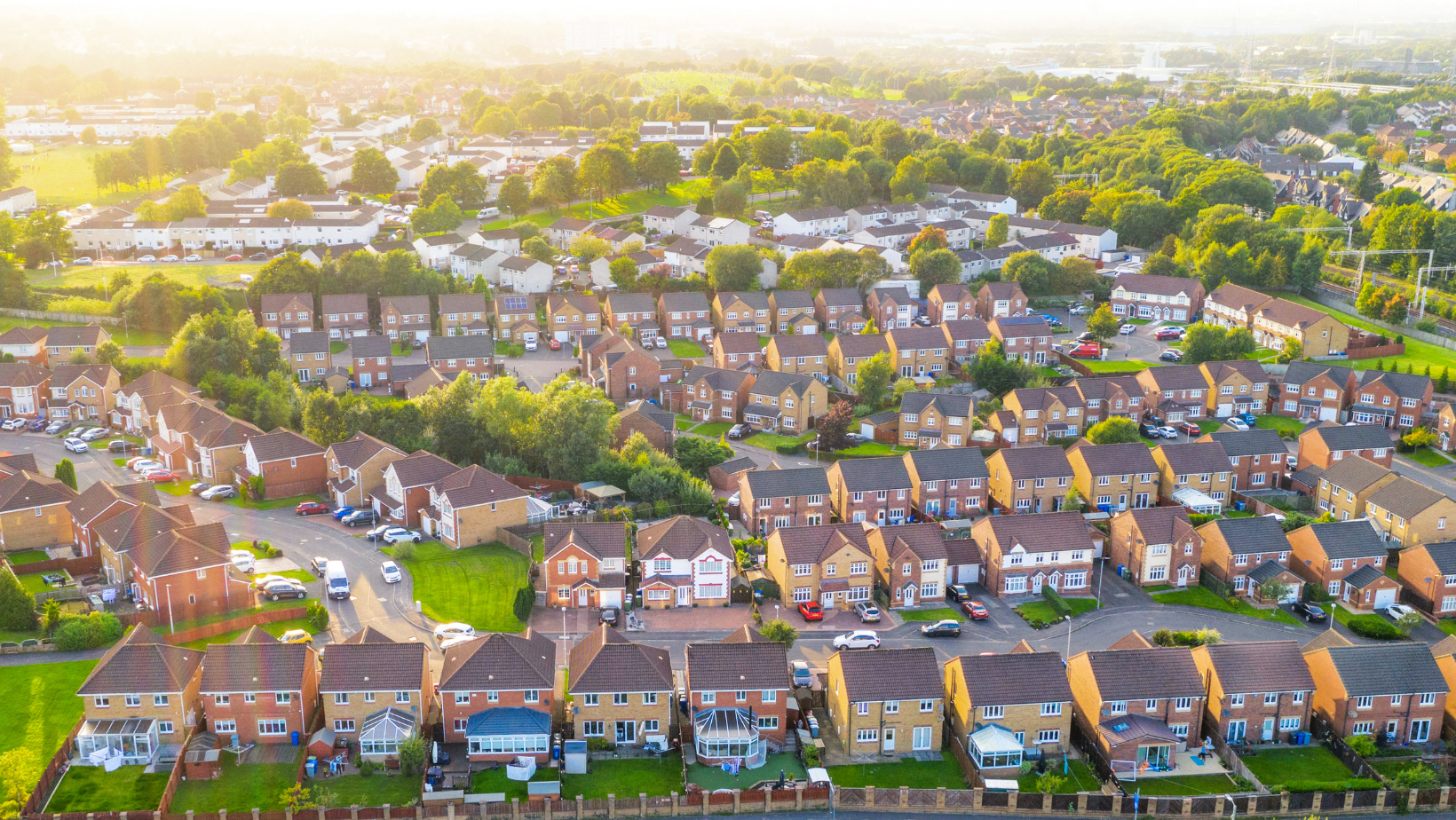Unregistered land is becoming less and less common, with only around 15% of the country’s land still being unregistered.
What is Registered Land?
Registered land refers to land that is recorded in the Land Register maintained by HM Land Registry. This register provides an official record of ownership, general boundaries, and any interests or rights affecting the land. After a certain date (based on the location) all land transactions in England and Wales have been subject to compulsory registration.
What is Unregistered Land?
Unregistered land, in contrast, refers to land that has not yet been recorded in the Land Register. Given the compulsory first registration rules, it’s mostly properties which have remained in the same ownership for many years that remain unregistered.
What is the difference between Unregistered Land and Registered Land?
Unregistered land lacks the central record-keeping provided by the Land Registry. Instead, proof of ownership and any associated interests or rights relies on the “deeds”. The deeds are usually a collection of title deeds, conveyances, and other legal documents which show the historic ownership up to and including the ownership of the current legal owner.
Establishing a good title to unregistered land requires a “Root” title and referring back to older documents, as appropriate, which may be referred to within the Root of Title. This often requires tracing the chain of ownership back through older documents, a process that is becoming less and less common and as such, it is harder to find lawyers with good experience of the same.
What are the disadvantages of Unregistered Land?
There is often only one copy of the physical deeds, which can be lost, destroyed or simply fade over time. The accuracy of plans regarding areas that may have substantially altered over time, and the features of plans which are deemed acceptable by Land Registry, could be flagged as an issue upon a First Registration of the Property, or a long standing error on the deeds may only come to light at registration.
Voluntary First Registration
Unregistered land can be voluntarily registered with HM Land Registry at any time.
The benefits in dealing with the First Registration of a Property before an event takes place which triggers mandatory First Registration are:
- The Land Registry fee is reduced by 25%;
- When the property owner does come to sell, remortgage or transfer their property, the transaction is more likely to be able to proceed more swiftly;
- If there are difficulties in the registration process, such as missing documents or misaligned plans, you will have time to resolve these, without the pressure of a sale looming;
- It provides certainty and removes the stress for the property owner or their loved ones in having to deal with the First Registration at a later date.
Once the Property is registered, the process for future dealings is much more straightforward as there is a central digital record of ownership that cannot be lost.
If you would like to speak to one of our lawyers to understand more about this process, or to arrange for your property to be registered, please feel free to contact me and I will arrange this.
In addition to registering your Property, you may also wish to consider reviewing your Will, and/or updating or creating a Lasting Powers of Attorney, which are hugely important for financial and personal protection and lifetime planning. We will be happy to discuss this with you free of charge and explain the purpose of these documents.
How Pinney Talfourd can help
If you are looking to safeguard your property’s legal status, get in touch with our dedicated Residential team on 01708 229444.
The above is meant to be only advice and is correct as of the time of posting. This article was written by Paul Berry, Partner in the Residential Property Team at Pinney Talfourd LLP Solicitors. The contents of this article are for the purposes of general awareness only. They do not purport to constitute legal or professional advice. Specific legal advice should be taken on each individual matter. This article is based on the law as of March 2024.














